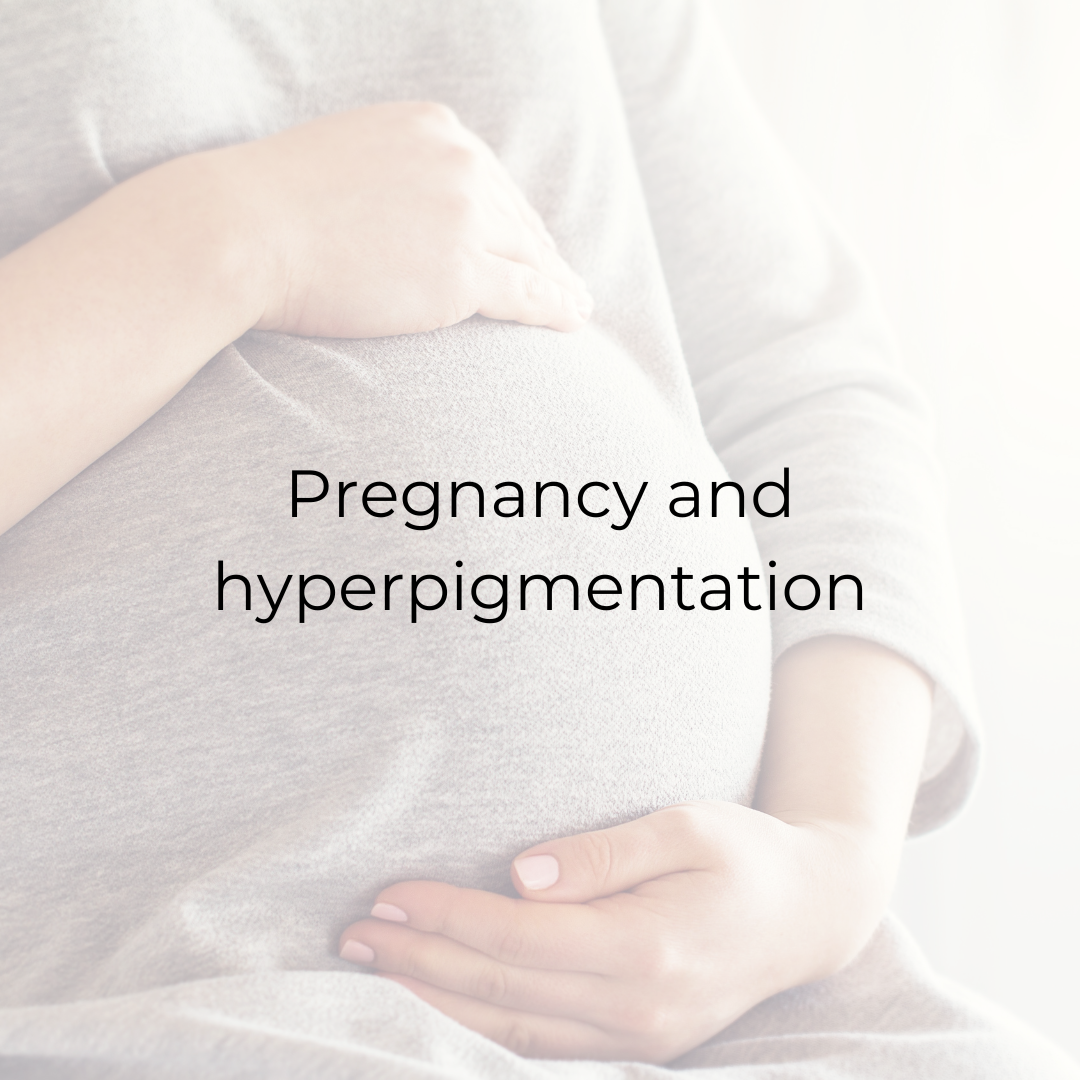
Why Does Pigmentation Occur During Pregnancy?
Share
Pigmentation changes during pregnancy, often referred to as melasma or the "mask of pregnancy," are quite common. These dark patches of skin, typically found on the face, can occur due to hormonal fluctuations.
What Causes Pigmentation During Pregnancy?
-
Hormonal Changes: Increased levels of estrogen, progesterone, and melanocyte-stimulating hormone during pregnancy can trigger melanin production, leading to dark patches.
-
Sun Exposure: Sun exposure worsens melasma, as UV rays activate melanin production. Pregnant women often experience pigmentation changes on areas exposed to sunlight, like the forehead, cheeks, and upper lip.
-
Genetic Factors: Women with a family history of pigmentation issues are more likely to experience melasma during pregnancy.
-
Sensitive Skin: Some beauty treatments or products may irritate the skin and trigger post-inflammatory hyperpigmentation during pregnancy.
Tips for Managing Pigmentation:
- Sunscreen: Daily use of broad-spectrum SPF helps prevent further darkening.
- Gentle Skincare: Avoid harsh chemicals and opt for products containing vitamin C, niacinamide, azelaic acid.
- Consult a skin professional: If pigmentation persists post-pregnancy, treatments like chemical peels or laser therapy may be recommended.
Pigmentation during pregnancy is usually temporary and fades after childbirth. However, an effective skincare routine can help manage it during this period.
Most products in the Mr. Lulu line are formulated with ingredients that are safe for use during pregnancy while effectively addressing hyperpigmentation concerns.
Here are a few options:
CLEANSERS






